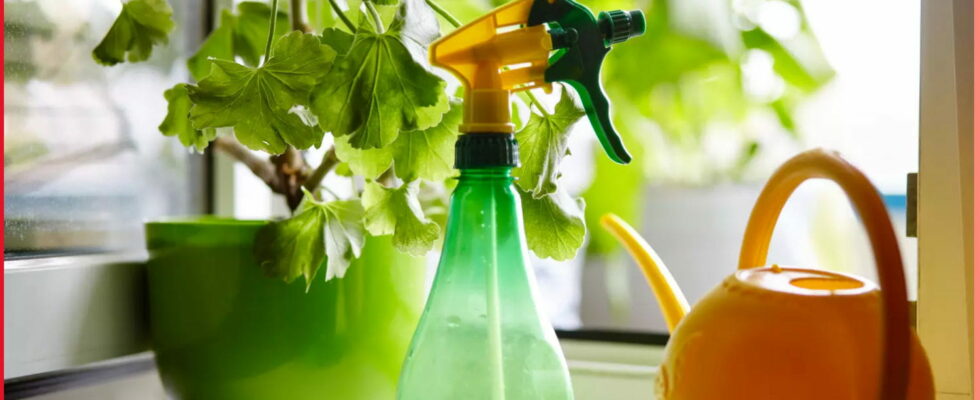Once you figure out how to use that cooking water, you’ll stop pouring it down the sink.
In everyday life, it’s easy to overlook the hidden treasures of the kitchen. While many use coffee grounds for many household chores or for their plants, they’re not the only kitchen waste that can be reused. Egg cooking water can also be very useful and save you money. When we cook hard-boiled or soft-boiled eggs, most of us don’t think twice about pouring the cooking water down the sink. However, this is a real waste of a valuable resource for our houseplants. Once you understand how to use this water, you’ll stop pouring it down the sink.
In fact, nutrient-rich egg cooking water can be a great natural fertilizer for your houseplants. When eggs are cooked, valuable nutrients are released from the shells into the water, including calcium, but also other minerals, such as potassium, magnesium, and even proteins. These are important for plant health, playing a crucial role in the growth and development of roots, stems, and leaves, and they also contribute to disease resistance.
When using egg cooking water, it is important to follow a few simple precautions so as not to harm your plants. First, make sure the water is cold before using it. Watering your plants with hot or lukewarm water could damage their roots. Also, make sure the water is not salty. If you added salt while cooking the eggs, it is best not to use it, as salt can dry out the plants and damage the soil.
Once the water has cooled, you can simply use it to water your indoor plants. It is recommended to do this once a month, in addition to your usual watering routine. You can also vary by alternating the egg cooking water with clean water or other types of natural fertilizers. By recycling this cooking water, you will be able to save a lot of money because it greatly reduces the need for commercial fertilizers.
